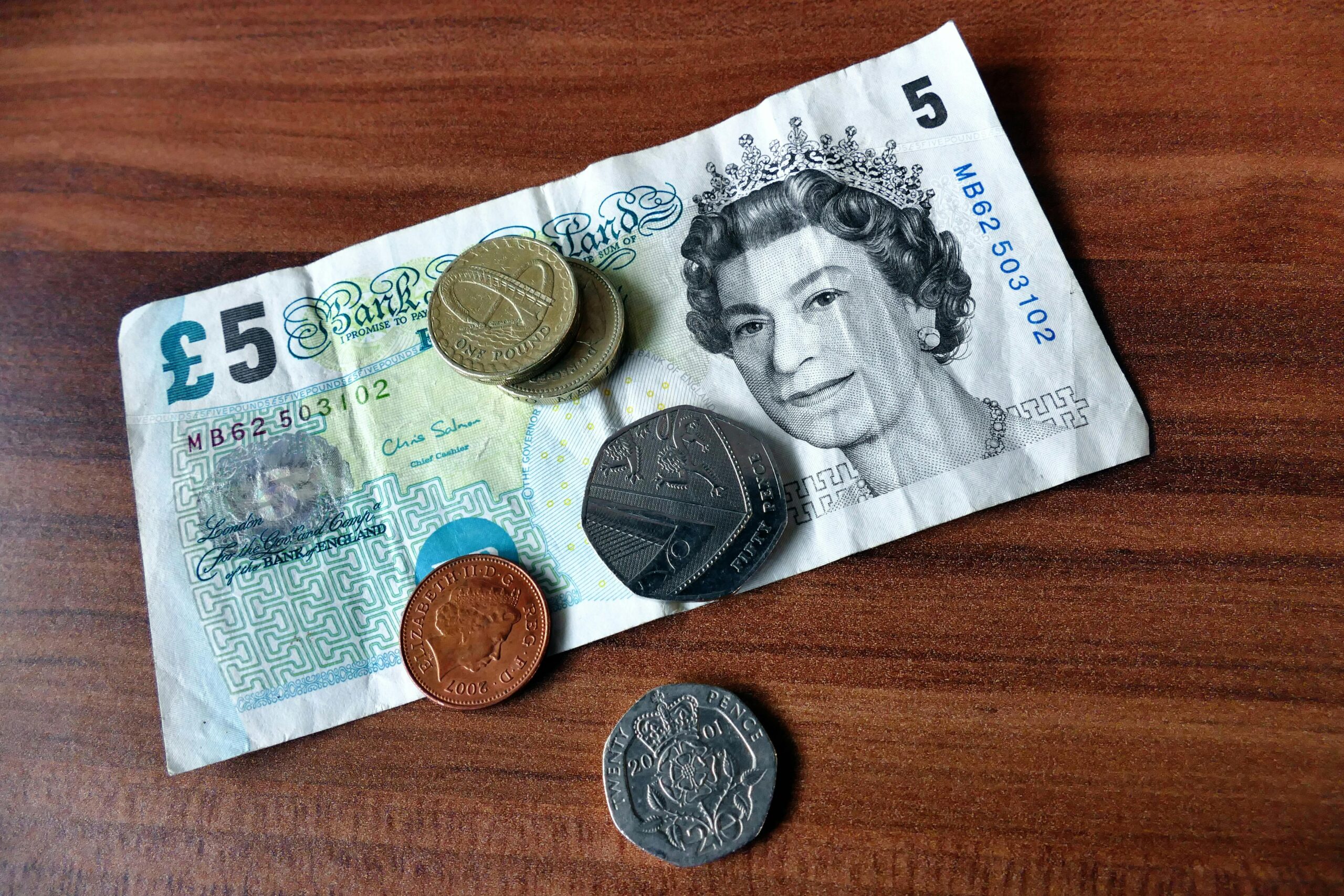You’ve had a cracking idea — the kind that keeps you up at night thinking, “This could actually work.” Whether it’s a product, a service, or something in between, before you go full steam ahead with a logo and a LinkedIn post, let’s talk about being cash smart — because trust me, your future self will thank you.
If you’re serious about turning your idea into a real business, the earlier you start putting legitimate costs through it, the more you’ll save. This isn’t just accounting chat — it’s proper, practical advice. Expenses lower your profit. Lower profit means less tax. Simple. If you spend £1,000 on software, equipment, or subscriptions you need to run your business, and you make £5,000 in your first few months — you’re only taxed on the remaining £4,000. Every little deduction helps when you’re just starting out.
Now, how do you actually do this? First step: set up a business bank account — even if you’re a sole trader. This makes tracking what’s “business” and what’s “personal” crystal clear. Second: keep receipts or invoices for everything, ideally in a tidy little folder or, better yet, a simple accounting app (there are loads — QuickBooks, Xero, Sage 50 all solid options). Got a subscription to Microsoft 365 for proposals and spreadsheets? Expense it. Paying for a Zoom Pro account to pitch clients without being booted after 40 minutes? Expense it. Bought a second monitor because one screen wasn’t efficient enough? You guessed it — expense it.
But let’s be clear — this isn’t a green light to go wild. The key word is relevant. That new iPhone because you “might call a client someday”? Dodgy. A desk, printer ink, or industry software that helps you run your business? Fair game. If you’re ever unsure, ask yourself: Would I be buying this if I didn’t have this business? If the answer is no, it’s probably claimable.
Being cash smart is about building strong habits from day one. Keep clean records, track your spending, and make sure you’re claiming what’s fair. The goal isn’t to play the system — it’s to play the game right. This is one of those small moves that has a big impact, especially early on when you’re watching every pound. Do it properly, and you’ll not only save money — you’ll be running your business efficiently before you’ve even launched it.




This is incredibly helpful info, thanks for that – really going to channel this with any future business ideas